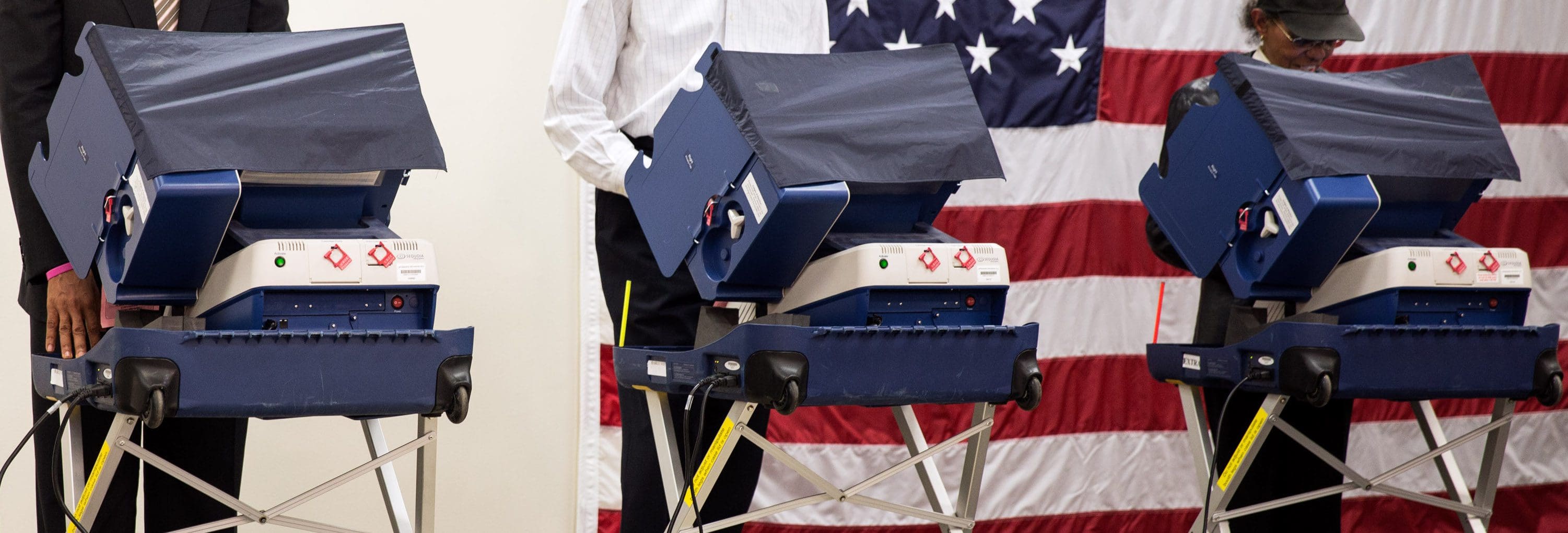Since being adopted in 1876, the Texas Constitution has been amended 507 times. If it seems Texans do more “amending” than most states, it is because our state’s Constitution requires voter approval for changing aspects of state law that elsewhere is left up to the politicians.
Locally, many of us are also being asked to allow the issuance of multimillion-dollar bonds to do all sorts of fun and exciting things. Left unmentioned is that those “bonds” represent debt you and your neighbors will have to pay off.
Bonds are like the credit card debt of the government. It’s not the $50 charged to the card that creates problems, but the interest that rapidly accrues when that money isn’t immediately paid off. But bonds are worse, because they are designed not to be paid back quickly; they are designed to collect interest. That means taxpayers are on the hook for whatever amount is listed—plus another 50 percent or so.
So, I almost always vote “no” on local bonds unless the need is explicit and the spending plan is extremely detailed. I vote “no” a lot.
This is why I am adamantly opposed to the statewide Proposition 2. As my friend Terri Hall wrote recently, Prop. 2 “virtually guarantees your property taxes won’t go down.” The proposition itself explains how the bonds are for counties to fund “infrastructure and transportation projects in underdeveloped, unproductive, or blighted areas.” That’s a lot of spending, a lot of debt, and not a lot of clarity. I’ll vote “no.”
Here is how I’ll be approaching the other statewide propositions:
Proposition 1 is an expansion of the state picking winners and losers in the soft “charitable gambling” space. This is not the free market at work. This is not some “libertarian” happy space for individual choice. This is the PR side of corporate welfare recipients getting to pretend they are “giving back” to the community. I’ll be voting “no.”
Proposition 3 is a reminder of how ineffectual—even cowardly—our courts and Legislature have become. In 2019, Gov. Greg Abbott closed down churches, setting the stage for local governments to follow suit. He backed down, but the local tyrants didn’t ease up—and through it all, the courts ignored the existing constitutional protections for worship. So we get another constitutional amendment reaffirming the existing amendment that Greg Abbott and the courts already ignored. I am voting—angrily—”yes.”
Proposition 4 limits voters’ ability to pick the candidate of their choice for judicial races. I’m not sure how citizens are served by requiring lawyers to spend an additional amount of professional time chasing ambulances and over-billing clients before being eligible to be elected as a judge. I’ll vote “no.”
Proposition 5 is being sold as “fairness”—putting judicial candidates under the thumb of the unelected bureaucracy that regulates incumbent judges. The difference? The unelected bureaucracy serves at the leisure of the elected judges. Gee, I wonder how that will turn out. It is an incumbency protection racket. I’ll vote “no.”
I look at Proposition 6 the same way I do Prop. 3; I’ll be angry when voting for it. Greg Abbott decided to block nursing home residents from their families, leaving many to suffer and die alone. Our courts looked on and did nothing. The amendment is the least the Legislature could do, and it is weak, but maybe the next governor won’t ignore it.
By design, Propositions 7 and 8 are hard to be against. They tug at the emotional heartstrings by extending homestead tax limits and exemptions to the surviving spouses of people who qualified for the original exemption. Lawmakers exempt sympathetic people from the confiscatory property tax system precisely so they can avoid doing anything substantive for everyone. Legislators know the widow of a disabled veteran would be a powerful victim in the fight for real property tax reform if her home was taken due to the property tax burden, so they do these things to keep her and others like her off the rhetorical field of battle.
Whether you vote for or against 7 and 8, both are a reminder that the governor, lieutenant governor, and legislators haven’t done anything to substantively relieve our property tax burden or work toward eliminating the property tax system.
So, there you have it. Now I’ll head to the polls.





